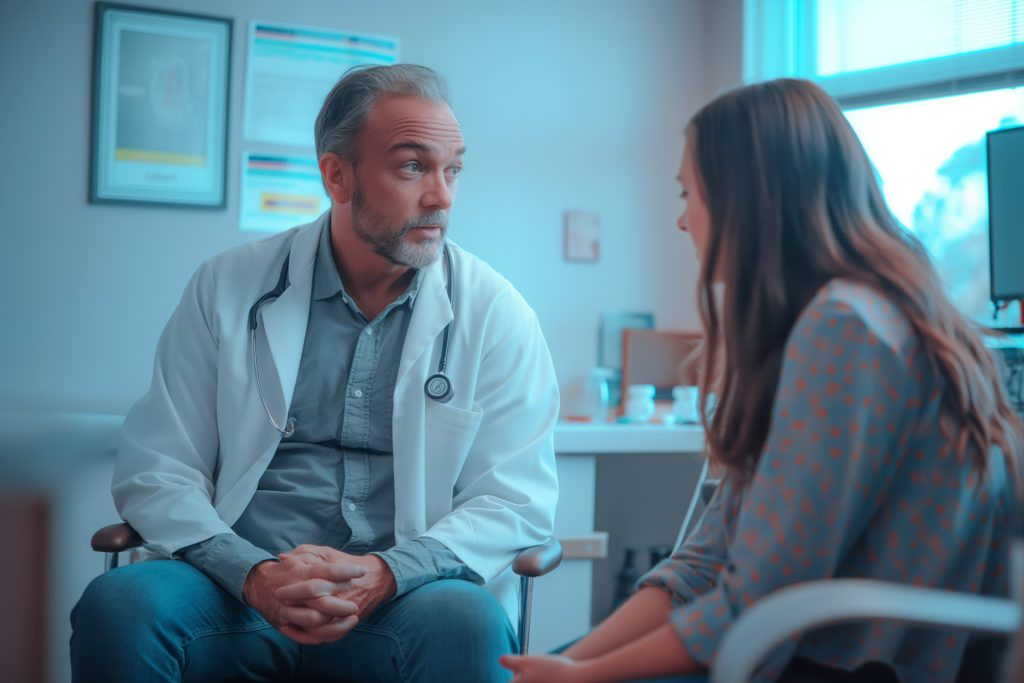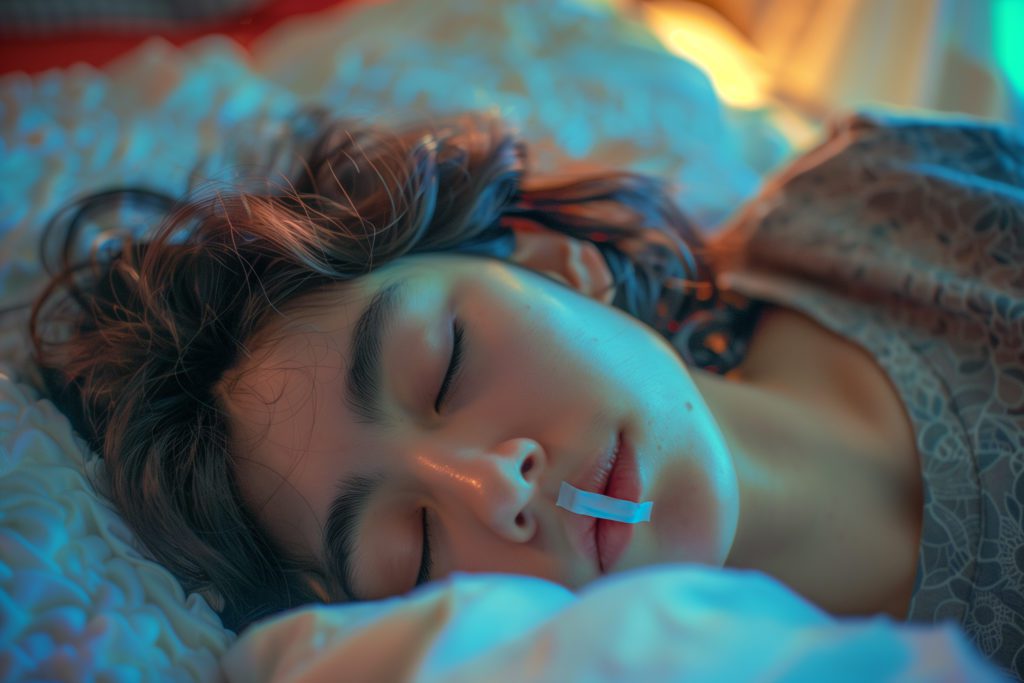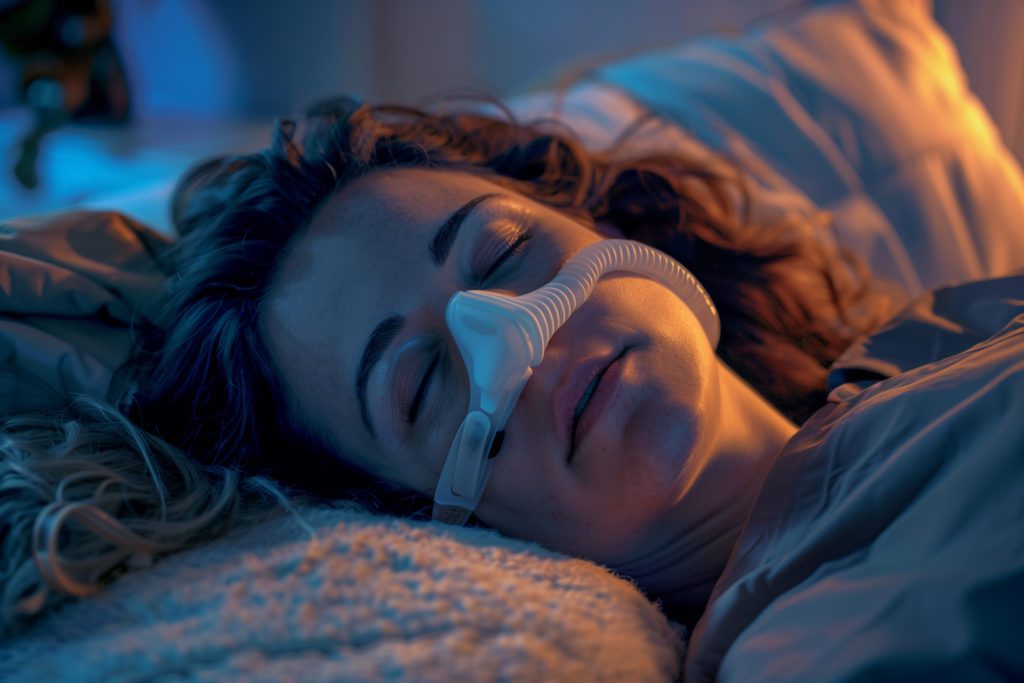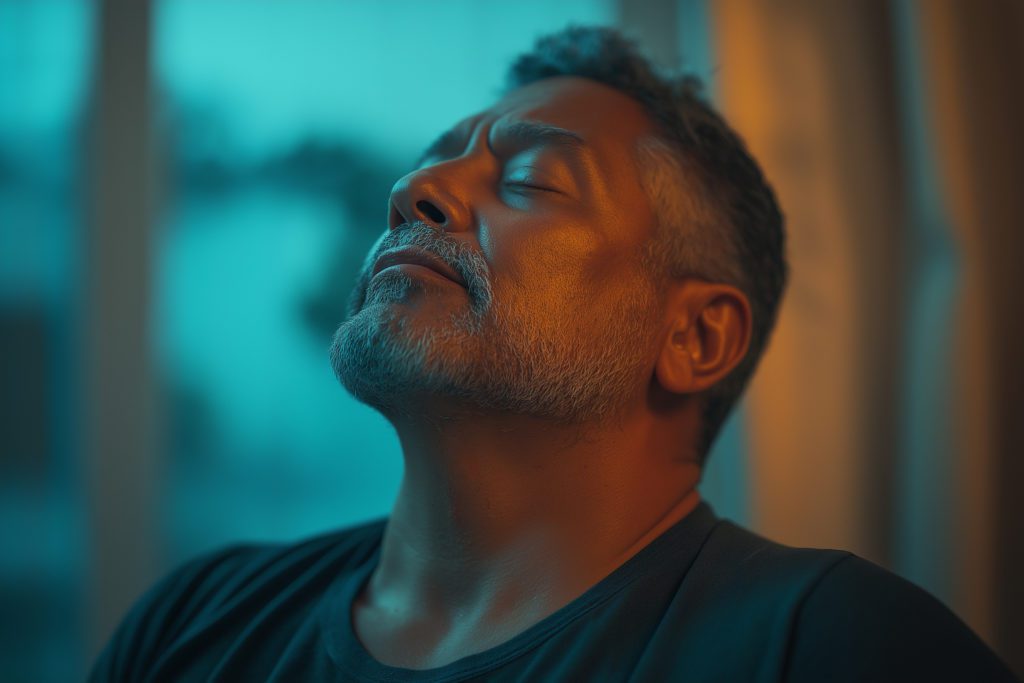
Does alcohol affect REM Sleep?
It's not uncommon for people to unwind with a cocktail or two after a long day of work. While a drink may help you fall asleep more quickly, you may wake up feeling groggier than usual.
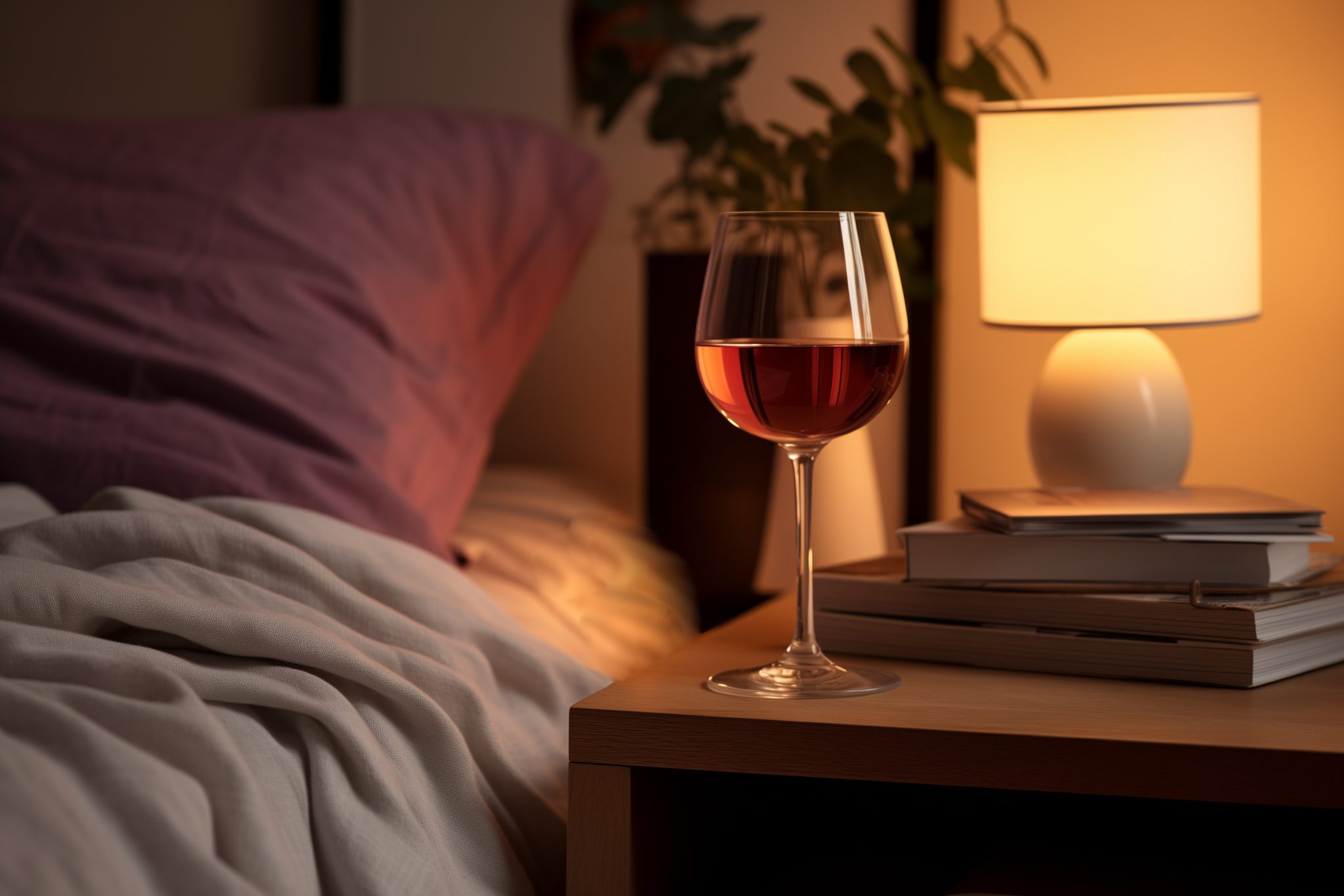
Many people think of alcohol as a tool that helps you relax and fall asleep. However, even a few drinks may negatively affect the quality and amount of sleep you get. These effects ultimately impact your energy and productivity levels the next day.
How Alcohol Can Affect Your Sleep
Alcohol affects everyone's sleep patterns differently, and the impact depends on the amount and frequency of your drinking, as well as your body composition and age. Specific ways in which alcohol affects sleep include:
Quality of sleep
Because drinking alcohol reduces the amount of REM (rapid eye movement) sleep you receive, you won't wake up feeling as rested. Additionally, decreased REM sleep may impact your body's healing process and cognitive functioning the next day.
Dreams
Although there is a decrease in REM sleep after drinking, this stage becomes more active as your alcohol level drops off. Because of this, you are more likely to experience bad dreams or even nightmares. These nightmares may significantly disrupt your sleep, potentially waking you up throughout the night.
Duration of sleep
Sleep is more fragmented after a night of drinking. Your body's natural sleep pattern becomes more interrupted, and you are more likely to wake up several times throughout the night as your body attempts to adjust.
While you will likely fall asleep much more quickly, you'll also wake up more frequently. Additionally, alcohol increases urine output, so you'll need to use the restroom throughout the night. Frequent bathroom trips also affect your sleep quality, especially if you find it hard to fall back asleep again.
How Alcohol Affects REM Sleep
The REM stage of sleep is considered to be one of the most important stages of sleep. REM sleep plays a crucial role in memory consolidation, emotional processing, and more. Alcohol has a negative impact on REM sleep. Alcohol increases the suppression of REM sleep.
Can Alcohol Make Symptoms of Other Sleep Disorders Worse?
Not only is there a strong link between alcohol and REM and overall sleep quality, but drinking before bedtime can also cause or worsen existing symptoms of sleep disorders. Alcohol increases your risk of developing insomnia, which is a condition that makes it difficult to fall or stay asleep.
Insomnia can lead to excessive fatigue. If you're always exhausted, you may reach for the coffee pot more often in the morning to stay awake and then drink more alcohol in the evenings to induce sleepiness. Unfortunately, this routine is problematic and not a solution to combating insomnia. It can even cause you to develop an unhealthy reliance on alcohol.
Alcohol and Sleep Apnea
Approximately 30 million adults in the United States have sleep apnea. Sleep apnea is a sleep disorder that causes you to stop breathing repeatedly throughout the night. Drinking alcohol may increase your risk of these apneic events, including the duration of time when breathing stops. This can lead to a significant drop in your blood oxygen level. Alcohol is a depressant and causes your breathing pattern to slow down. It can also cause the muscles in your throat to relax, worsening your snoring. For these reasons, people with sleep apnea should abstain from alcohol for several hours before bedtime.
Chronic Drinking and Sleep Quality
Sixteen million American adults are classified as heavy drinkers. Chronically heavy alcohol use often leads to the development of sleep problems. These issues may include:
- The inability to fall asleep quickly
- Waking up multiple times throughout the night
- Experiencing extreme fatigue upon waking
- Increased sleepiness throughout the day
When someone who has a history of chronic alcohol abuse attempts to stop drinking, they may experience withdrawal symptoms. Insomnia is a common symptom associated with alcohol withdrawal. During withdrawal, REM sleep periods will remain abnormal for many weeks or months. It can also lead to psychological disturbances when awake, such as experiencing visual and audio hallucinations.
Even after recovery, alcoholics may still struggle with their sleep for a prolonged period. It's not uncommon for those in recovery to suffer from insomnia and daytime fatigue. Sometimes, these symptoms may cause them to relapse in an attempt to get a good night's sleep.
Sleep Medicines and Alcohol Consumption
If you are having trouble sleeping because of alcohol use, can you just take sleep medicines to fall asleep? The answer is no! You should avoid taking any sleep medication when consuming alcohol. Combining both may increase the effects of both substances and cause excessive drowsiness, increasing your risk of falls and also confusion. Additional risks include slowed breathing due to respiratory depression and even death. Sleep medications to avoid when drinking include:
- Lunesta
- Ambien
- Sonata
- Over-the-counter sleep medications
- Melatonin
Relying on sleep medicines and alcohol to fall asleep can increase your risk of developing an addiction to one or both substances. If you are having concerns about your ability to fall asleep or alcohol use, consult your physician. They can take a look at your sleep patterns and determine if you should adjust your routine to promote better sleep.
Reducing the Impact of Alcohol on Your Sleep
While drinking impacts your ability to enjoy restorative sleep, there are several things you can do to sleep better after drinking. For example, if you plan on drinking, stick to one to two drinks and give your body plenty of time to metabolize the alcohol before bedtime. You should finish your last drink at least four hours before going to sleep. If you plan to consume more than one drink, alternate with water so you do not drink too much. Other ways to achieve better sleep include:
- Getting regular exercise (several hours before bed)
- Limiting your caffeine consumption
- Creating a cool, comfortable space to sleep
- Going to sleep and waking up at the same time every day
- Tracking your sleep using an app like Pillow
If you find it hard to limit your alcohol consumption or have additional concerns about your quality of sleep, talk to your doctor. They can help you discover new ideas or ways to address your alcohol intake and sleep quality so you can start waking up feeling energized and ready to take on your busy day.
FAQ
How long does alcohol suppress REM sleep?
Alcohol can suppress REM sleep for several hours, often delaying its onset until the second half of the night. The duration of suppression depends on factors like the amount consumed, metabolism speed, and individual tolerance. In some cases, REM sleep remains reduced even after alcohol is metabolized.
Can moderate alcohol consumption still affect REM sleep?
Even moderate alcohol intake can interfere with REM sleep, causing delays and reducing sleep quality. While moderate drinkers may not notice severe effects, they might experience drowsiness, reduced cognitive function the next day, and subtle changes in their sleep architecture.
Does the type of alcoholic beverage impact REM sleep differently?
The specific type of alcohol—beer, wine, or spirits—doesn’t significantly alter its effect on REM sleep. What matters most is the total alcohol intake and timing. However, drinks with higher alcohol content may have a stronger impact on sleep disruption.
How does alcohol affect REM sleep in older vs. younger adults?
Older adults experience greater sleep disturbances due to slower alcohol metabolism and age-related sleep changes. They may have prolonged sleep disruption, less deep sleep, and an increased likelihood of waking up during the night compared to younger individuals.
Can drinking alcohol earlier in the day minimize its impact on REM sleep?
Consuming alcohol earlier allows the body more time to metabolize it, reducing its disruptive effects on REM sleep. However, even early drinking can still affect overall sleep quality, leading to sleep fragmentation and increased nighttime awakenings.
Can genetics influence how alcohol affects REM sleep?
Yes, genetic factors influence how efficiently an individual metabolizes alcohol and their susceptibility to sleep disruptions. Some people may experience more pronounced REM suppression, while others may metabolize alcohol more quickly and have milder effects.
Are there any foods or habits that can help restore REM sleep after alcohol consumption?
Staying hydrated, consuming nutrient-rich foods like leafy greens, nuts, and whole grains, and practicing good sleep hygiene can help support REM recovery. Avoiding caffeine, creating a relaxing bedtime routine, and maintaining a consistent sleep schedule are also beneficial.

Written by
Emily Mendez
Emily Mendez is a former therapist and mental health author. She is one of the leading voices in mental health. Emily's writing has appeared in eCounseling, SonderMind, and more. Emily is frequently interviewed by Healthline, Fatherly, INSIDER, Family Circle, and other national media for her advice and expert opinion on the latest mental health topics.
Download Pillow
Get help
Press & News
Legal
Connect
X (Twitter)
Company
Copyright © Neybox Digital Ltd.
